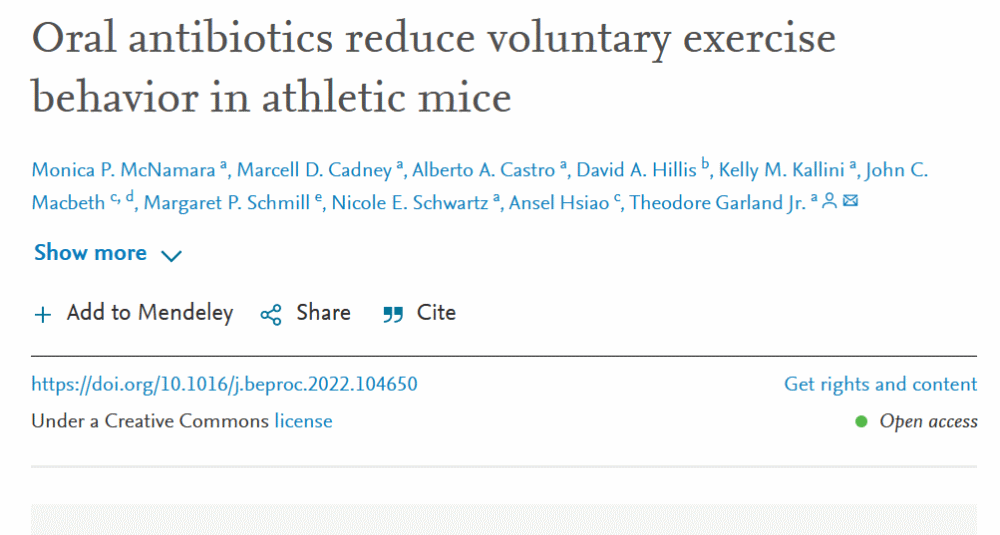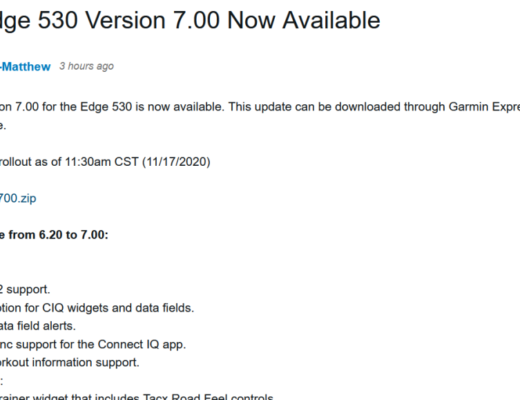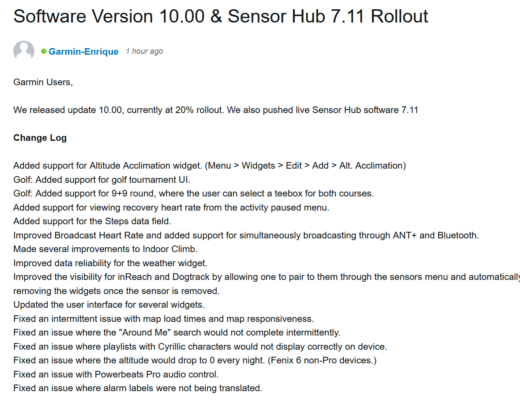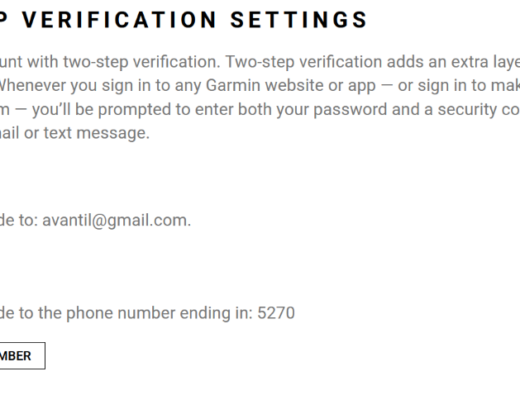Anecdotally, I have absolutely noticed a decline in motivation and performance after a course of antibiotics. Although, in each of these cases there has also been a reason why I was taking the antibiotics. Usually because I crashed my bike and needed them to prevent or fight off an infection. For that reason, I’ve never really thought about the potential that antibiotics were exacerbating the problem – until last night when I found this article.
In the study UCR based the slightly hyperbolic article title around (linked below), researchers used healthy mice to remove the “other reason” problem, and study how destroying the microbiome impacts athletic behavior and performance. TLDR; gut microbiome matters.
Obviously, the takeaway here shouldn’t be “don’t take antibiotics”; unless you’re casually abusing them, but that’s a different topic :). If you need antibiotics, take them, but also do what you need to do to rebuild your gut ecosystem as quickly as you can. In this study, even twelve days after finishing the antibiotic course, the mice were still experiencing issues. So getting back on track could take a while, and anything we can do to shorten that recovery would be beneficial. Lethargy sucks.
The gut microbiome can affect various aspects of both behavior and physiology, including exercise ability, but effects on voluntary exercise have rarely been studied. We studied females from a selection experiment in which 4 replicate High Runner (HR) lines of mice are bred for voluntary exercise and compared with 4 non-selected control (C) lines. HR and C mice differ in several traits that likely interact with the gut microbiome, including higher daily running distance, body temperatures when running, spontaneous physical activity when housed without wheels, and food consumption. After two weeks of wheel access to reach a stable plateau in daily running, mice were administered broad-spectrum antibiotics for 10 days. Antibiotic treatment caused a significant reduction in daily wheel-running distance in the HR mice (−21%) but not in the C mice. Antibiotics did not affect body mass or food consumption in either HR or C mice, and we did not observe sickness behavior. Wheel running by HR mice did not recover during the 12 days following cessation of antibiotics. The decreased wheel-running in HR but not C mice, with no apparent negative side effects of antibiotics, suggests that the HR microbiome is an important component of their high-running phenotype.



